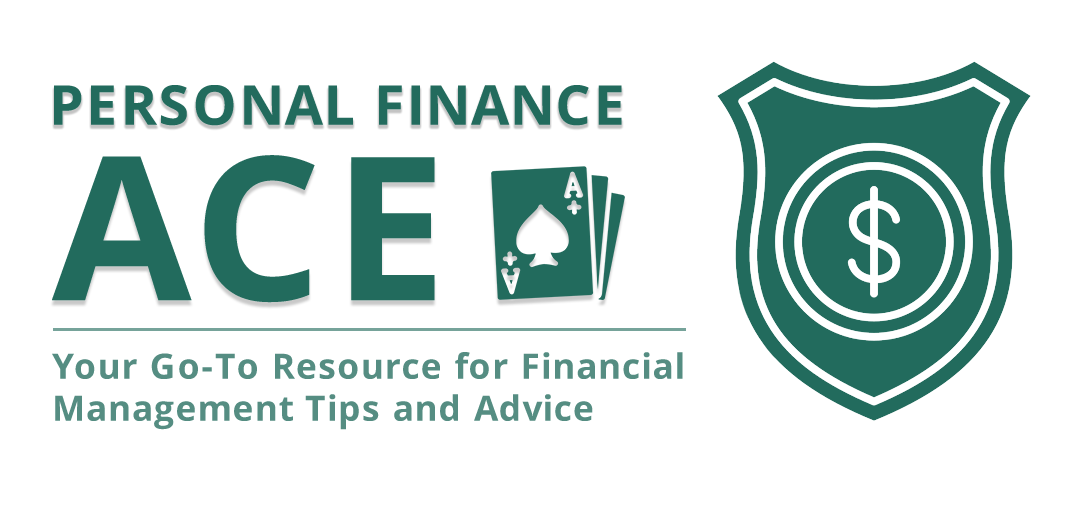A 401(k) plan can be a powerful tool in your arsenal for retirement savings. But to truly harness its power, it’s essential to understand its nuances and the strategies that can help you maximize its benefits. Here’s how you can master your 401(k) for a secure retirement.
Understanding Your 401(k)
A 401(k) is a retirement savings plan sponsored by employers that allows employees to save and invest a portion of their paycheck before taxes are taken out. Taxes aren’t paid until the money is withdrawn from the account.
Max Out Your Contributions
In 2023, the IRS allows you to contribute up to $20,500 to your 401(k). If you’re aged 50 or over, you’re allowed an additional “catch-up” contribution of $6,500, bringing your total to $27,000. Try to contribute the maximum amount if you can afford it. The more you contribute, the more you’ll have in retirement.
Take Full Advantage of Your Employer Match
Many employers offer a matching contribution up to a certain percentage of your salary. This is essentially free money, so aim to contribute at least enough to get the full match.

Diversify Your Investments
Your 401(k) likely offers a variety of investment options. A mix of stocks, bonds, and cash can help you balance risk and return. The right mix depends on your age, risk tolerance, and retirement goals.
Consider Roth 401(k)
Unlike traditional 401(k) plans where you contribute pre-tax dollars, Roth 401(k) contributions are made with after-tax dollars. This means your money grows tax-free, and you won’t pay taxes when you withdraw the funds in retirement. If you expect to be in a higher tax bracket when you retire, a Roth 401(k) could be a good option.
Minimize Fees
All 401(k) plans have fees, and these can eat into your retirement savings over time. Understand what fees you’re paying and consider lower-cost investment options if they align with your retirement goals.
Don’t Cash Out When Changing Jobs
When you change jobs, consider rolling over your 401(k) into your new employer’s plan or into an Individual Retirement Account (IRA). Cashing out can result in taxes and penalties, not to mention it reduces your retirement savings.
Review and Adjust Regularly
Your financial situation, risk tolerance, and investment goals will change over time. It’s important to review and adjust your 401(k) investment strategy regularly to ensure it remains aligned with your retirement goals.
Mastering your 401(k) can seem daunting, but understanding its ins and outs is key to maximizing your retirement savings. With the right knowledge and strategies, you can make the most of your 401(k) plan and pave the way for a secure and comfortable retirement.





